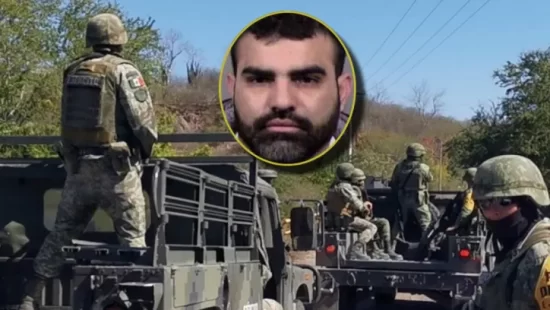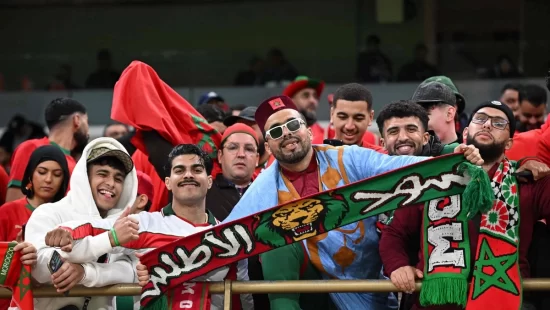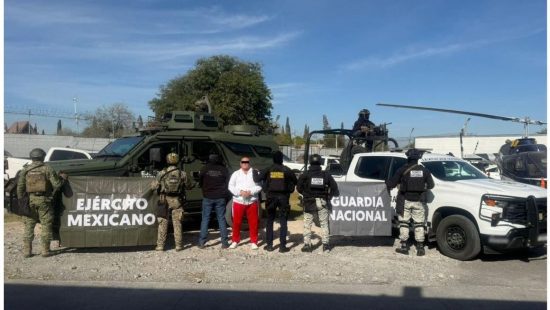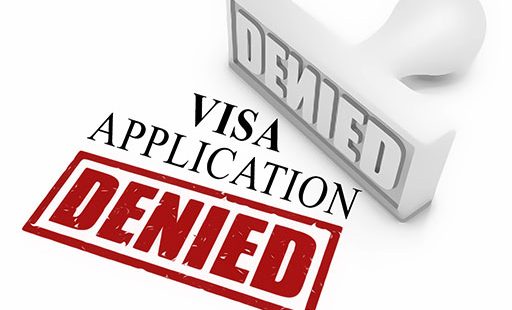252 Venezuelans Repatriated from Bukele’s Mega-Prison Speak Out on Beatings, Abuse, and Injustice
The Venezuelan government has opened a formal criminal investigation against El Salvador’s President Nayib Bukele and two of his top security officials over allegations of torture and inhumane treatment of 252 Venezuelan migrants previously detained in El Salvador’s high-security prison complex.
Venezuelan Attorney General Tarek William Saab announced the probe on Monday from Caracas, naming Bukele, Minister of Justice and Public Security Héctor Gustavo Villatoro, and Vice Minister of Penal Centers Osiris Luna Meza as the subjects of an investigation for alleged crimes that include torture, cruel and degrading treatment, enforced disappearance, unlawful detention, and criminal conspiracy.
“These officials are responsible for systematic abuses committed against our compatriots in foreign territory,” Saab said. “We are invoking our legal capacity under international law to hold them accountable.”
The 252 Venezuelan nationals were repatriated last Friday as part of a high-profile prisoner exchange between Washington and Caracas. In return, Venezuela released 10 U.S. citizens and residents who had been detained on various charges, many of them politically sensitive.
The migrants, previously deported from the U.S. under accusations of belonging to the Tren de Aragua — a transnational criminal organization — had been transferred to El Salvador, where they were held in the country’s notorious Centro de Confinamiento del Terrorismo (CECOT), a massive prison complex known for its controversial crackdown on gang violence.
Venezuelan authorities say that upon their return, the migrants gave harrowing testimonies of daily beatings, sexual abuse, rubber bullet wounds, and being fed spoiled food. “They were subjected to systemic torture and humiliation, simply because they were labeled as criminals without trial,” Saab stated, presenting video recordings of several detainees describing the alleged abuse.
One of the migrants reportedly lost a kidney due to the severity of the beatings, Venezuelan President Nicolás Maduro claimed in a televised address. Additionally, Minister of Interior and Justice Diosdado Cabello accused Salvadoran authorities of firing rubber pellets at the detainees shortly before they boarded their repatriation flight.
Saab emphasized that Venezuela’s jurisdiction in the case is grounded in various international treaties, including the UN Convention Against Torture, the International Convention for the Protection of All Persons from Enforced Disappearance, and the Rome Statute of the International Criminal Court (ICC).
He called on global institutions to follow suit: “We urge the ICC, the United Nations Human Rights Council, and regional bodies to open their own inquiries. Silence in the face of such brutality makes them complicit.”
The Venezuelan Attorney General’s office has assigned a team of three national prosecutors to lead the investigation. Saab said the Public Ministry remains open to additional actions, depending on the outcome of further interviews and forensic evaluations.
The accusations come amid escalating political tensions in Latin America, as several governments reevaluate their migration policies, often under pressure from Washington. The Bukele administration has won international praise for slashing El Salvador’s violent crime rate, but human rights groups have repeatedly criticized its prison policies, alleging mass detentions and abuse without due process.
President Bukele has not responded publicly to the accusations. His government has long defended CECOT as a necessary tool to dismantle powerful gangs, arguing that its methods are tough but effective.
The Tren de Aragua gang, originally formed in Venezuelan prisons, has expanded across Latin America, prompting crackdowns from Colombia to Chile. While U.S. authorities consider it a growing transnational threat, critics argue that labeling deported migrants as members of the gang without judicial process undermines basic human rights protections.
Whether Venezuela’s investigation results in formal charges, international pressure, or broader multilateral action remains uncertain. Saab’s statements appear aimed not only at El Salvador but also at shifting international narratives — positioning Venezuela as a defender of human rights even as its own justice system has faced scrutiny for political repression and abuse.
Still, the testimonies of the repatriated migrants raise urgent questions about the treatment of deportees and the growing use of extraterritorial prisons to manage migration-related detainees.
“The international community must act,” Saab concluded. “What has happened to these Venezuelans is not just a violation of their rights — it’s an indictment of a regional system that has failed to protect them.”








